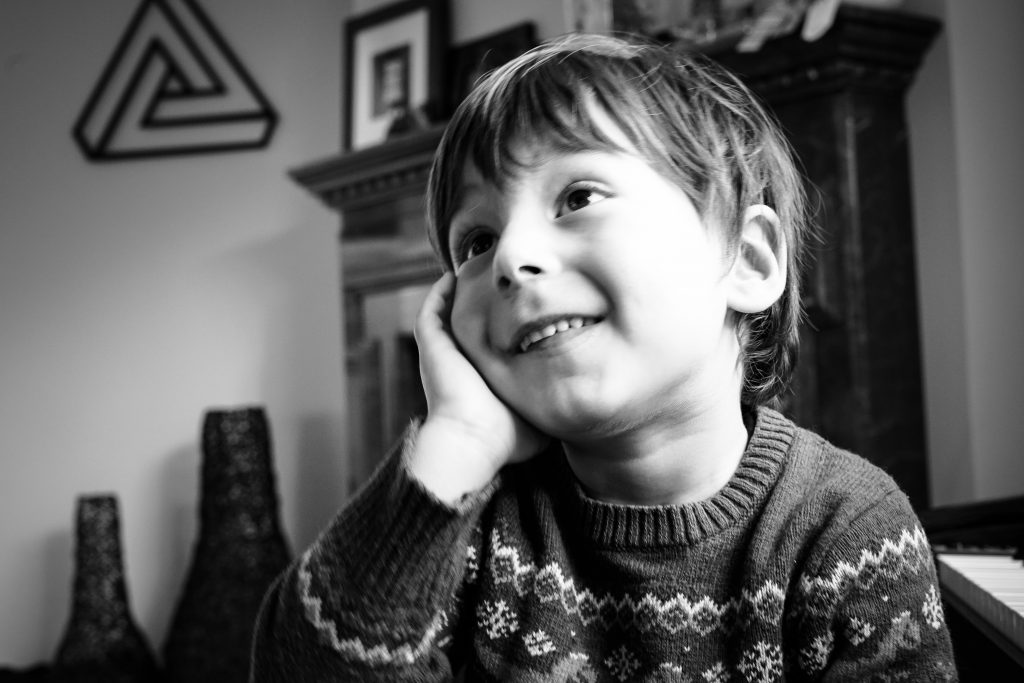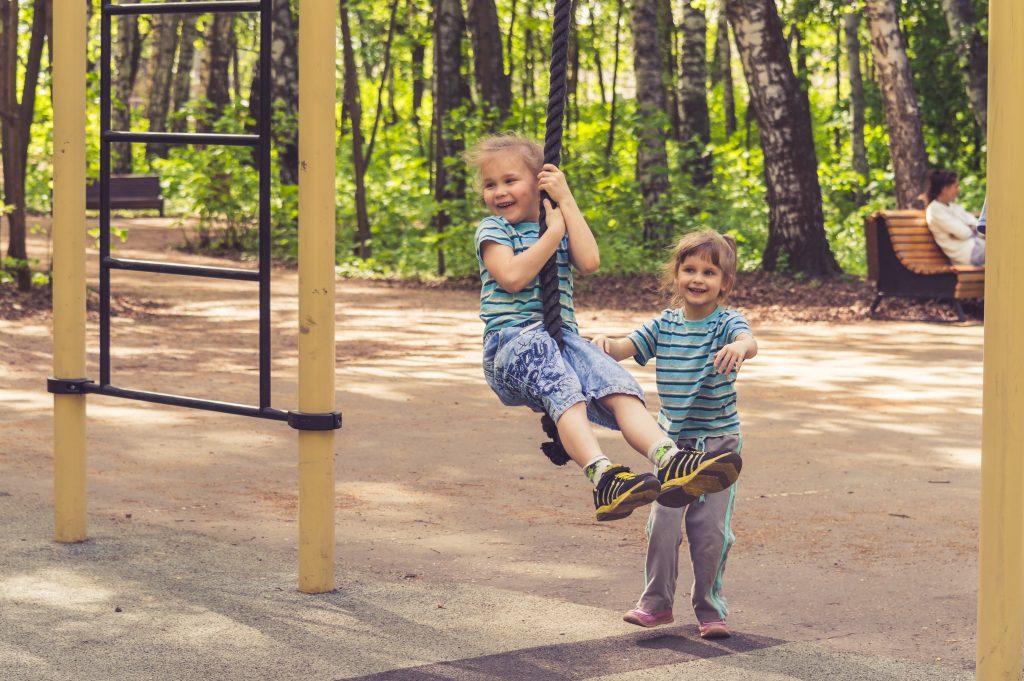It is understandable that we have not been able to feel much excitement or joy through lockdown as we have been coping with so much stress, uncertainty and loss.
Many of us have had important events cancelled and it can feel safer to not look forward to anything for fear of further upset. We might have turned instead to behaviours that numb us out or give us instant gratification such as alcohol, food, social media or binge watching Netflix. These choices may help us to get through each day, but leave us disconnected from a sense of purpose and motivation.
Although it may be hard to get excited about a definite event in the future as we do not know if it can happen, we can use our imagination to reconnect to the things that make us happy and give us a reason to keep going.
Positive imagery is a well-established technique that is shown to improve mood and help with a range of conditions including chronic pain. The richer the image the more we can trigger positive feelings based on memories of happier times, so tap into your senses and imagine not only what you see – but also the smells, sounds, sensations and feelings. Connecting to the version of you that is in a positive situation in the future can help reignite your motivation and remind you of your capabilities. It can also send signals to your survival brain that you are not helpless or trapped and the current situation is temporary.

It is natural that thinking about something that we don’t have or have lost can cause mixed feelings. If you find that you become sad, give yourself time to acknowledge this feeling. It can be helpful to remind yourself that all feelings are valid and that sadness is appropriate for the current situation of loss.
Use your breath to ground you so that you can stay present and comfort yourself, speak to a friend, wrap yourself up in a blanket, hug a pet. As with grieving a person, if we can accept our sadness and give ourselves time to process it, we can learn to also hold on to the love and happiness we had with that person. Explain to yourself that your sadness is a sign of how much you love the things and people you were imagining.
When we are anxious or in fight/flight mode our survival brain will often feed us thoughts that match with how we feel, e.g. “I’m definitely going to catch COVID and be very ill” These type of thoughts make sense if there is actually a real threat to our immediate safety as they will keep us alert and avoidant of danger (better for our hunter gatherer ancestors to assume that a rustle in the grass was a predator than to ignore it).
More often this type of thinking can actually perpetuate our anxiety and low mood as we will start to believe the assumptions are facts, and restart a fresh cycle of anxiety.
It is more helpful for us to assess if our thoughts are factual or based on how we feel. Can you take a more reasoned view of your thoughts and talk yourself through it? E.g. “things are really tough right now and it’s making me feel down and a bit hopeless. I can’t predict the future, so I can’t say that nothing is ever going to happen again. My thinking is being clouded by my feelings”
- You could instead focus on what you feel grateful for right now.
- Think about other times your might have felt hopeless or negative, and how things changed.
- Connect with someone you trust and share your feelings.
Author: Michelle Scott
Psychotherapist & Eating Disorder Specialist MSc BSc RMHN (Reg MBACP)
